What are sleep disorders?
The term sleep disorders or somnipathy refer to a collection of conditions that interfere with regular sleep. Americans are experiencing a growing number of sleep disorders caused by both physical problems and excessive stress.
Nearly one-third of American adults report getting less than seven hours of sleep per day. Approximately 70 percent of high school students do not get enough sleep on weeknights.
Occasionally, people experience insomnia due to stress, a hectic schedule, or other outside factors. Sleeping disorders can become apparent when these issues become a daily occurrence and interfere with everyday activities.
Sleep disorders may result in difficulties falling asleep and extreme fatigue throughout the day, depending on the type. Energy, mood, concentration and overall health may be affected by an inadequate amount of sleep.
Sleep disorders can sometimes be an indication of another medical condition or mental disorder. If you treat the underlying cause of your sleeping problems, they will eventually go away.
Sleep disorders are typically treated with a combination of medications and lifestyle changes when not caused by another condition.
Sleep disorders should be diagnosed and treated right away if you suspect you might have one. Without treatment, sleep disorders can worsen health conditions.
Also, they can interfere with your ability to succeed at work, strain your relationships and disrupt your daily routine.
What are the different types of sleep disorders?
Various types of sleep disorders exist. Many of these conditions have underlying causes.
Insomnia
A person with insomnia struggles to fall asleep or to stay asleep. An upset stomach could be a result of jet lag, anxiety, stress or hormonal imbalances. Other conditions may also cause it.
You can suffer negative consequences from insomnia, including:
- Depression
- Difficulty concentrating
- Irritability
- Weight gain
- Performance problems at work or school
It is unfortunately very common for people to suffer from insomnia. It is estimated that 50 percent of American adults will experience it during their lifetime.
Women and older adults are most likely to suffer from the disorder.
There are three types of insomnia:
- Chronic insomnia is insomnia that occurs regularly for at least one month
- Intermittent insomnia, which occurs from time to time
- Transient insomnia, occurring only for a few nights at a time
Related: Psychophysiological Insomnia
Sleep apnea
During sleep, sleep apnea involves pauses in oxygen flow. The body takes in less oxygen due to this medical condition. It can also wake you up at night.
They can be either of two types:
- In obstructive sleep apnea, the airways become blocked or narrowed preventing airflow
- Central sleep apnea occurs when you have problems connecting your brain with your breathing muscles.
Parasomnias
Parasomnias are a category of sleep disorders that cause abnormal movements and behaviors while sleeping. Here are a few of them:
- Sleepwalking
- Sleep talking
- Groaning
- Nightmares
- Bedwetting
- Grinding your teeth or clenching your jaw
Read: Dyssomnia
Restless legs syndrome
Restless legs syndrome (RLS) is a condition in which the legs feel an overwhelming urge to move. Occasionally, a tingling sensation can accompany this urge. It is most common to experience these symptoms at night.
The exact cause of RLS isn’t always known, but it may be closely associated with conditions like attention deficit hyperactivity disorder (ADHD) and Parkinson’s disease.
Read: Best Tips to Stop Restless Legs Syndrome
Narcolepsy
A person with narcolepsy experiences sleeps attacks during waking hours. In other words, you will wake up one day and feel extremely tired.
You may be unable to move once you wake up due to sleep paralysis. Narcolepsy is sometimes caused by its own, as well as by various disorders of the central nervous system such as multiple sclerosis.
What are the symptoms of sleep disorders?

Each sleeping disorder has its own set of symptoms. Sleep disorders can also be caused by other conditions.
Generally, the following are sleep disorder symptoms:
- Inability to fall or stay asleep
- Daytime fatigue
- Daytime napping a strong desire
- Unusual breathing patterns
- Feeling the urge to move while falling asleep
- Sleeping patterns that are unusual
- Irregular sleep schedule
- Irritability or anxiety
- Bad performance at school or work
- Lack of concentration
- Depression
- Weight gain
Read: Hypersomnolence Disorder
What causes sleep disorders?
Disruptions to sleep can be caused by numerous disorders, diseases and conditions. Sleep disorders are often caused by underlying health problems.
Allergies and respiratory problems
Nighttime breathing can be difficult when you have allergies, colds or upper respiratory infections. Sleeping difficulties are also caused by difficulties breathing through the nose.
Frequent urination
You may experience nocturia, which disturbs your sleep by making you wake during the night. An imbalance of hormones and urinary tract diseases may contribute to the development of this condition.
Contact your doctor right away if you experience bleeding or pain while urinating frequently.
Read: Sleep Terrors
Chronic pain
It is difficult to fall asleep when you suffer from constant pain. Even after you have fallen asleep, it might wake you up. Chronic pain can be caused by a variety of factors, including:
- Arthritis
- Chronic fatigue syndrome
- Fibromyalgia
- Inflammatory bowel disease
- Persistent headaches
- Continuous lower back pain
Oftentimes chronic pain can be made worse by sleep disturbances. Doctors believe that the development of fibromyalgia may be linked to sleep problems.
Stress and anxiety
Sleep quality is often negatively affected by stress and anxiety. Getting to sleep and staying asleep may be hard for you. Also, sleepwalking, sleeptalking and nightmares can disrupt the sleep cycle.
Read: How Pandemic COVID-19 Affects Our Dreams
What is the process of diagnosing sleep disorders?
The first thing your doctor will do is perform a physical examination and review your medical history. Various tests may be ordered, including:
- Polysomnography (PSG) is a lab sleep study consisting of oxygen measurements, body movements, and brain waves used to evaluate how they disrupt sleep in comparison with home sleep testing (HST), which is performed at home and used to diagnose sleep apnea.
- Electrical EEGs (EEGs) measure the electrical activity of the brain and identify any potential problems. Polysomnography includes it.
- Napping tests (MSLTs) are used to diagnose narcolepsy and sleep disorders to diagnose sleep disorders.
When treating sleep disorders, these tests are essential.
How are sleep disorders treated?
The treatment for sleep disorders varies according to the type and the underlying cause. The treatment usually involves combining medical treatments and changes in lifestyle.
Read: Periodic Limb Movement Disorder
Medical treatments
Sleep disturbances can be treated with the following treatments:
- Sleeping pills
- Melatonin supplements
- Allergy or cold medication
- Health problems and medications
- Sleep apnea devices or surgery (usually involves surgery)
- A dental guard (usually for teeth grinding)
- Lifestyle changes
Sleep quality can be greatly improved when lifestyle changes are coupled with medical treatments. Consider these options:
- Eat more vegetables and fish, and reduce your sugar intake
- Exercise and stretching reduce stress and anxiety
- Maintaining a regular sleep schedule
- Reduce the amount of water you drink before bedtime
- Drink less caffeine in the evenings and late afternoons
- Reducing alcohol and tobacco use
- Before bedtime, eat smaller low carbohydrate meals
- Keep a healthy weight based on the advice of your doctor
You can improve your sleep quality by waking up and going to bed at the same time each day. It might be tempting to sleep in on the weekends, but doing so makes it harder to wake up and go to sleep during the week.
Read: Sleep Paralysis
What is the outlook for someone with a sleep disorder?
Sleep disorders can disrupt your sleep so severely that you will likely seek immediate relief. A long-term case may take a little longer to resolve.
Nonetheless, you can improve your sleep if you stick to your treatment plan and schedule appointments with your doctor regularly.
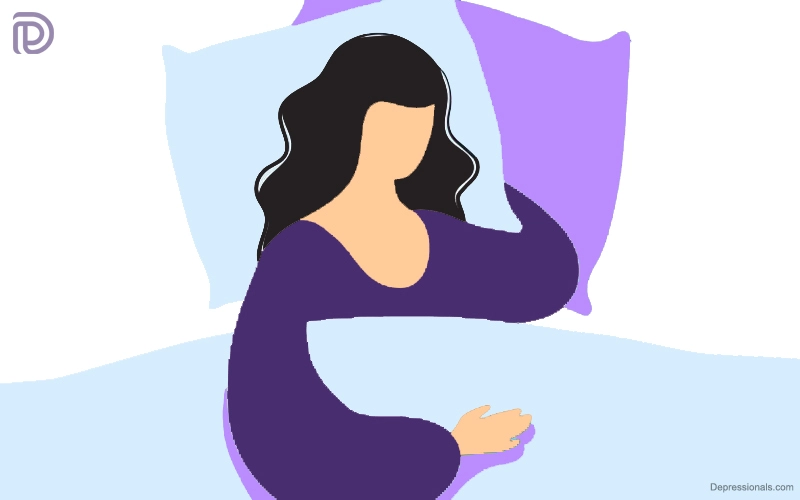
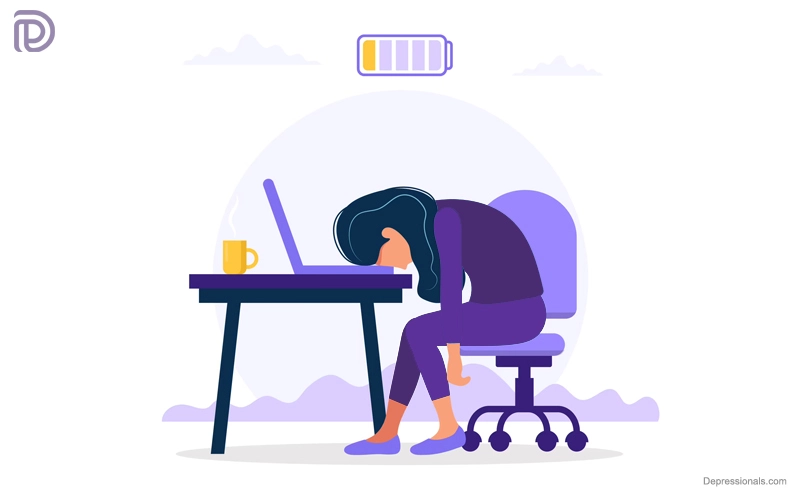
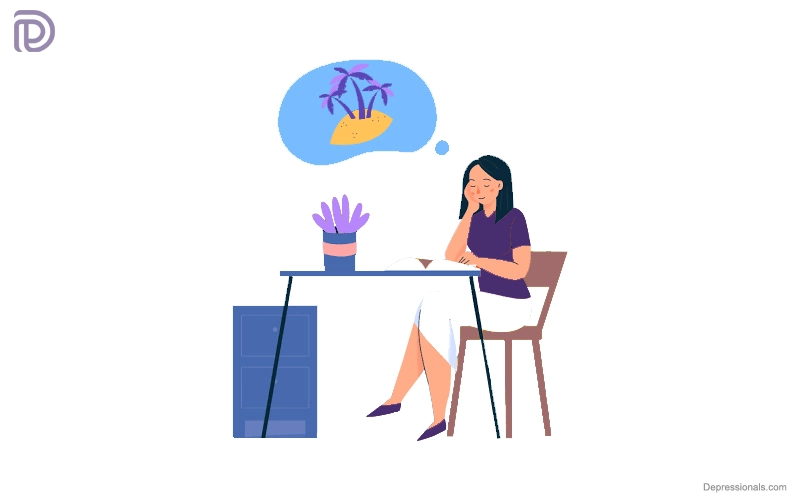
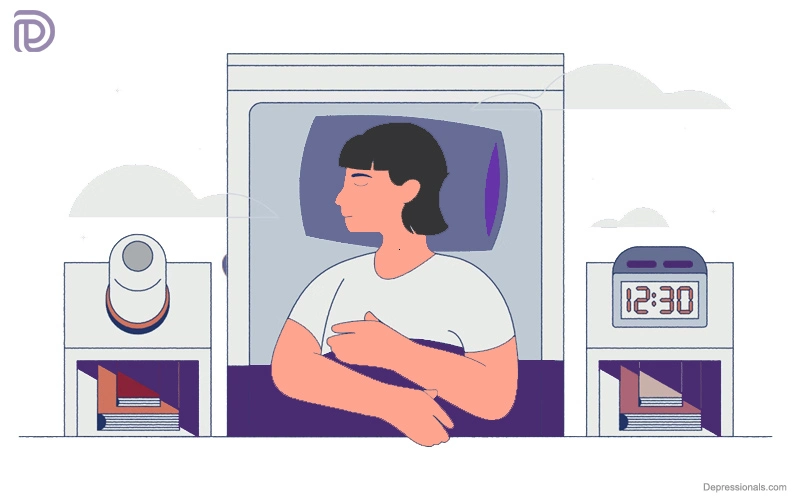
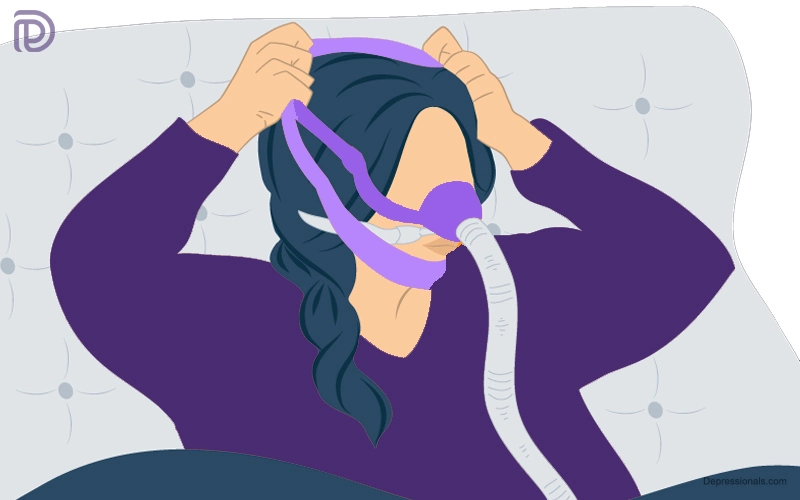

Appreciate it for this post, I am a big fan of this internet site would like to go along updated.
Howdy just wanted to give you a quick heads up. The text in your post seem to be running off the screen in Safari. I’m not sure if this is a format issue or something to do with web browser compatibility but I thought I’d post to let you know. The layout look great though! Hope you get the issue fixed soon. Thanks